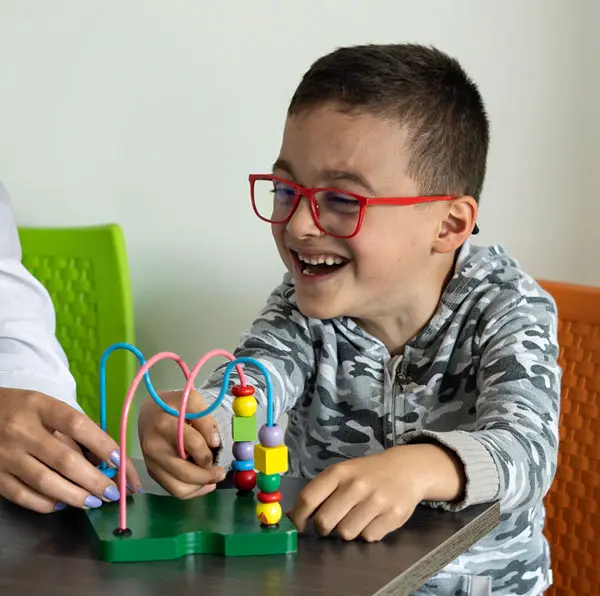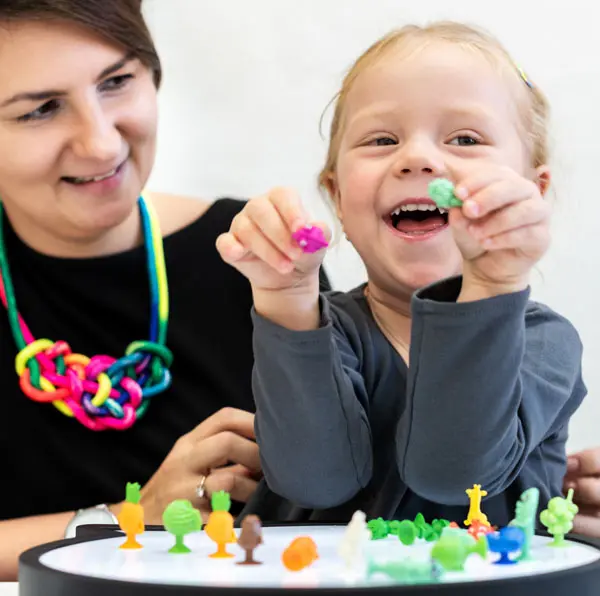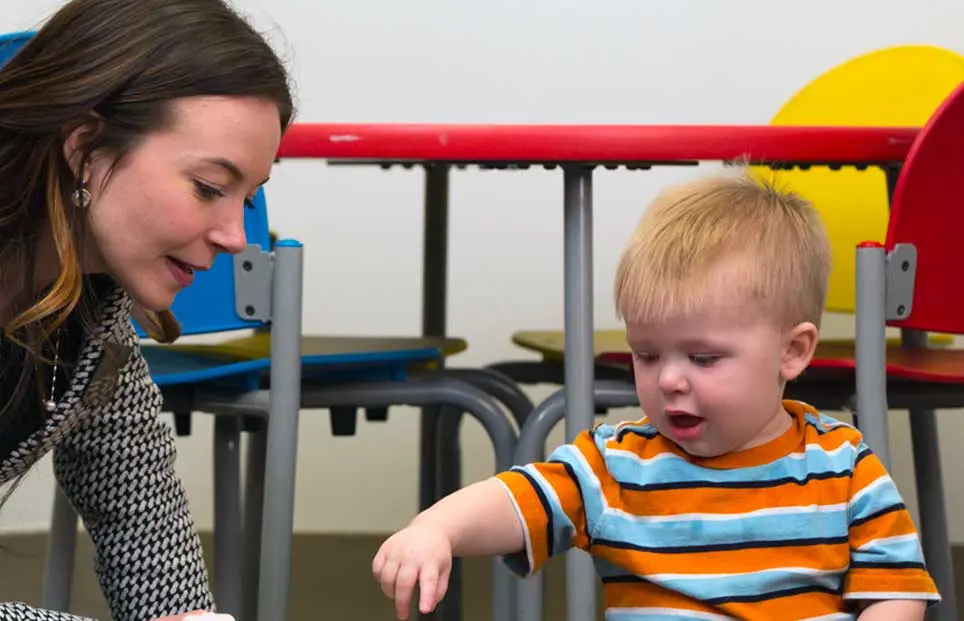YOU ARE BOUVÉ

The Interdisciplinary Certificate Program in Early Intervention was developed in response to state and national needs to prepare personnel to serve infants and toddlers with disabilities, or who are at risk for developmental delays, and their families. The program is approved by the Massachusetts Department of Public Health (DPH), the lead agency for Part C services of the Individuals with Disabilities Education Act (IDEA), as meeting the requirements for provisional certification with advanced standing as an Early Intervention Specialist.


The interdisciplinary concentration in Early Intervention (EI) is designed for students who enjoy working with very young children and their families. Through coursework and practicum experiences, students are prepared to work with infants and toddlers with known disabilities or those who are at risk for developmental delay.
This specialization may be pursued as an independent certificate program, or integrated into a graduate program in
In addition, it can be integrated into the psychology undergraduate degree program. Personnel who work in the EI field may pursue the certificate program in the context of their employment.
Northeastern’s EI program is the only higher-education program approved by the Massachusetts Department of Public Health (MA DPH) that is interdisciplinary in its faculty, students, and curriculum.
Courses are team-taught by faculty from the following disciplines: school, counseling, and developmental psychology; speech language pathology and audiology; physical therapy; special/education; and nursing. As a result, students experience the team approach that is current practice in the field. Completion of the program leads to the required state certification for early intervention personnel at the advanced provisional level.
If you have questions or concerns regarding professional licensure, please contact program manager Jonathan Iris-Wilbanks.
Degree type:
– Certificate in Early Intervention
Study options:
– On ground (Boston Campus)
– Full-time
Application deadline: August 1
GRE: Not required
F1 Eligible: No
The program of study consists of four courses and a practicum, which are integrated, as much as possible, within the curriculum of a student’s specific degree program. All academic courses are offered in a hybrid format that combines online learning with four classroom meetings per semester. Because the program is interdisciplinary, scheduling of courses is done in such a way as to make it available to as many programs as possible.
The practicum requires 300 hours of field experience in a MA DPH certified EI program. Field training usually takes place over two semesters, unless it is embedded into one semester of a discipline-specific degree program.
This is sample curriculum, subject to change.
The chart below describes a sequence of courses as taught in the recent past. This chart is not a planning document for what course will be taught in which semester (spring or fall) in the future. For that information, students should consult with their academic advisor or see the university course catalog.
To apply to the Certificate in Early Intervention you will need the following:
Bachelor’s degree, preferably in a related field, unless taken during senior year in a Northeastern University degree program
Two letters of recommendation
Official/unofficial academic transcript(s)
Completed application to the Bouvé College of Health Sciences (which may be integrated with application to a degree program)
Completed application to the Certificate Program in Early Intervention
Statement of Purpose: Please explain why you are interested in early intervention, and please tell us about your experiences with young children.
Minimum GPA of 3.0
Reach out to
Shannon Whittley MS, CCC-SLP
Program Director
[email protected]
781-261-0293
Or contact our graduate admissions team
